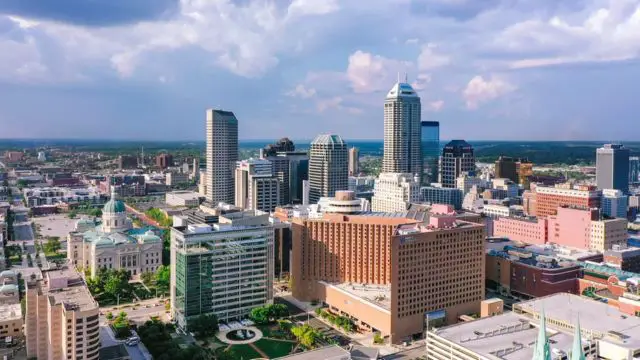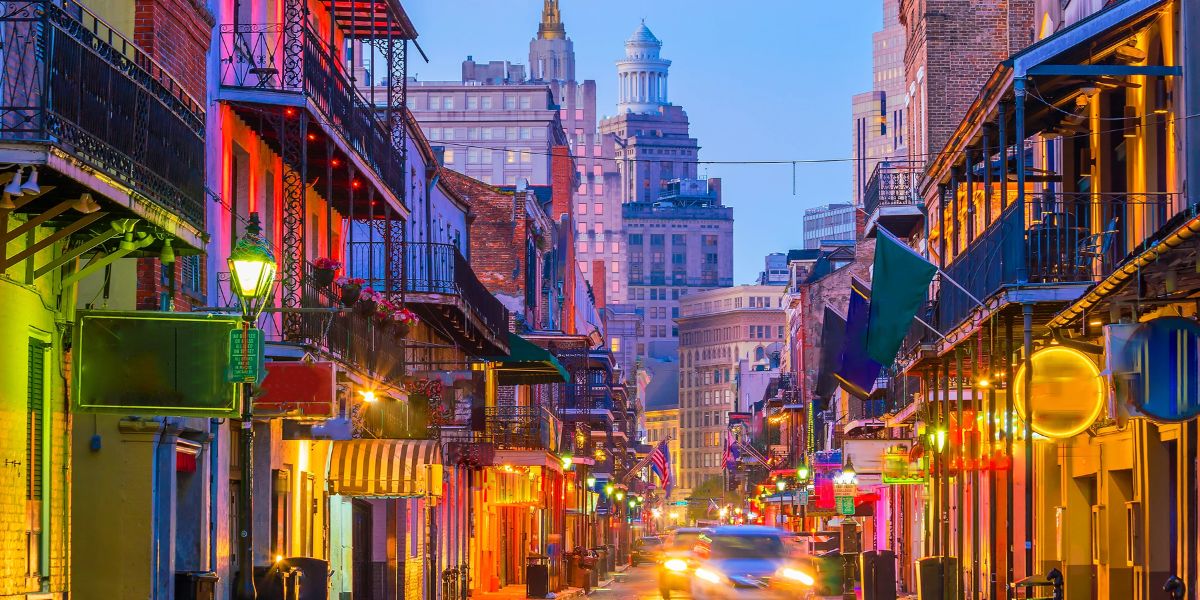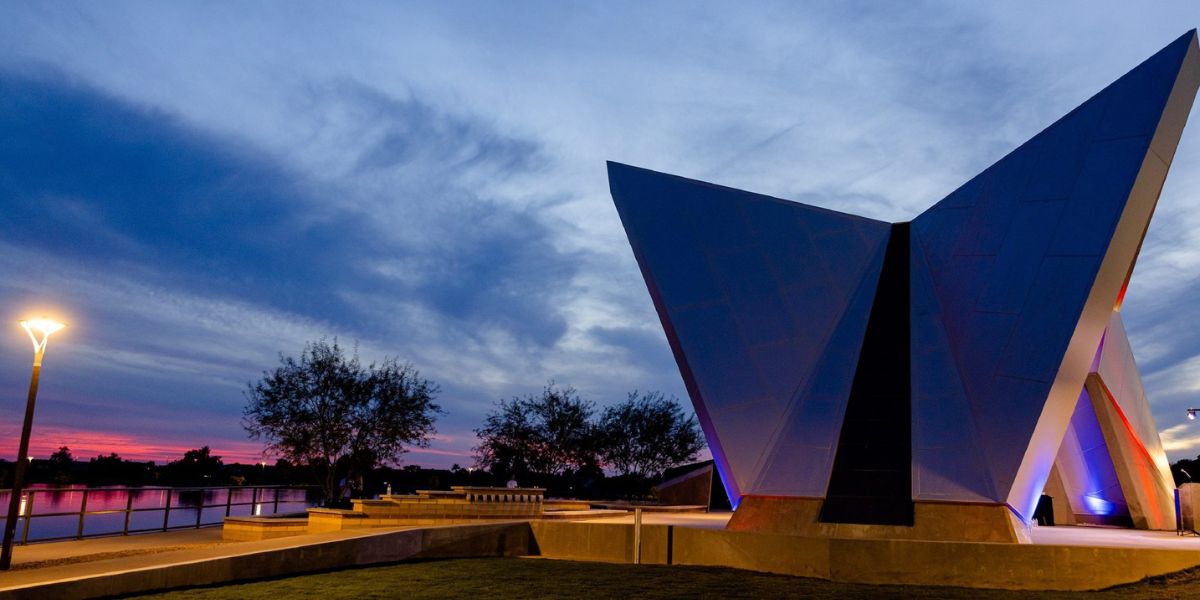MJP –
A new report has revealed unsettling news for residents and visitors of two Wisconsin cities, which have been ranked among the “dirtiest” in the United States.
According to the latest findings from a national cleanliness survey, Milwaukee and Green Bay have found themselves near the top of the list for poor sanitation and environmental cleanliness, raising concerns about the state of public spaces, waste management, and overall urban maintenance.
Milwaukee and Green Bay: Struggling with Cleanliness
The cities of Milwaukee and Green Bay, known for their sports teams, vibrant local culture, and beautiful lakefronts, now face a less-than-flattering distinction as some of the dirtiest places in the country.
The report, which surveyed dozens of U.S. cities based on factors such as waste management, air quality, and public cleanliness, placed Milwaukee at number 8 and Green Bay at number 12 on the national scale. This marks a significant concern for local governments and communities who are now under pressure to improve the urban landscape and restore these cities’ reputations.
Factors Contributing to the Low Rankings
Several factors are contributing to the lower rankings of these two cities in terms of cleanliness. Some of the most significant issues highlighted in the report include:
- Littering and Waste Disposal: Both Milwaukee and Green Bay have faced challenges with littering, especially in high-traffic areas such as downtown streets and popular public spaces. Poor waste disposal habits among residents and lack of sufficient public waste bins are often cited as reasons for trash accumulation in public areas. During the warmer months, this problem becomes more apparent, as people spend more time outdoors.
- Air Pollution: Air quality was another major factor that contributed to the cities’ lower cleanliness rankings. Milwaukee, in particular, has struggled with air pollution from industrial activity, traffic emissions, and environmental degradation. While there have been efforts to improve air quality, the report suggests that pollution levels remain a concern for residents and visitors.
- Potholes and Road Maintenance: Infrastructure issues such as potholes and poorly maintained roads also play a role in the overall cleanliness score. In both cities, the presence of damaged roads contributes to an untidy and neglected feel in some neighborhoods. Roads in need of repair are often littered with debris, which can spill into the surrounding environment.
- Lack of Green Spaces: Green spaces and public parks play an essential role in a city’s overall cleanliness. Both Milwaukee and Green Bay have a limited number of well-maintained parks and recreational areas. Where green spaces do exist, some have been found to suffer from underfunding, which leads to less frequent clean-ups, poor landscaping, and broken equipment.
Impacts on Community Health and Quality of Life

The state of a city’s cleanliness can have significant implications on its residents’ health and well-being. Polluted environments and poor sanitation can lead to an increase in respiratory issues, particularly among children and the elderly. A lack of clean, green public spaces can also limit opportunities for outdoor activities, which are crucial for physical and mental health.
Additionally, the perception of a dirty city can deter potential tourists and businesses, further impacting local economies. In an era when urban cleanliness is often tied to quality of life, these rankings may be seen as a call to action for local leaders to address the growing concerns of residents and visitors alike.
Local Efforts to Address Cleanliness
2 Upstate New York Cities Named Among America’s Best Small Towns
While the report paints a bleak picture for Milwaukee and Green Bay, both cities are not sitting idle in response to their poor rankings. Efforts are underway in both cities to tackle these cleanliness challenges, with initiatives aimed at improving waste management, promoting environmental responsibility, and cleaning up urban spaces.
Milwaukee has implemented several waste reduction programs, such as curbside recycling initiatives and public awareness campaigns to reduce littering. The city has also worked to expand its green spaces, including new parks and recreational areas, in order to provide cleaner, more sustainable environments for its residents.
Green Bay has also started to focus on maintaining its public areas, with increased efforts to clean up the downtown area and improve road conditions. Local community groups have been active in organizing neighborhood clean-up events, helping to address litter problems and create more pride in public spaces.
Moreover, both cities are working with environmental groups and city planners to improve their air quality and invest in infrastructure to reduce pollution levels. These efforts, though ongoing, are expected to have a long-term positive impact on the cleanliness rankings in the future.
Looking Ahead: A Need for Change
As the rankings of the “dirtiest” cities serve as a stark reminder, urban cleanliness is an ongoing issue that requires concerted efforts from both local governments and residents. Milwaukee and Green Bay are taking steps to address these problems, but much work remains to be done.
For residents, city leaders, and environmental advocates alike, the focus should now be on maintaining momentum in cleaning up urban areas and improving the quality of life for those who live in and visit these cities. While the rankings may be discouraging, they also provide an opportunity for reflection and action to make positive changes for the future.
As both cities continue to grow and evolve, it’s crucial that they prioritize sustainability, cleanliness, and green initiatives in order to raise their national profile for all the right reasons. By making these changes, Milwaukee and Green Bay can turn their reputation around and reclaim a cleaner, healthier, and more vibrant future for all.




